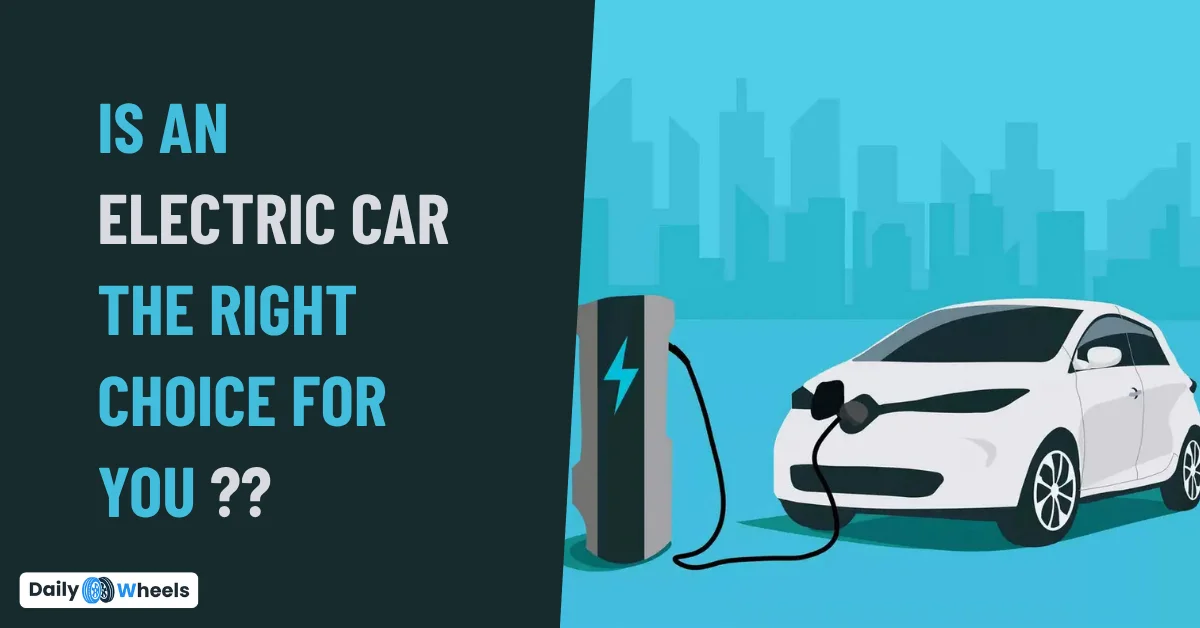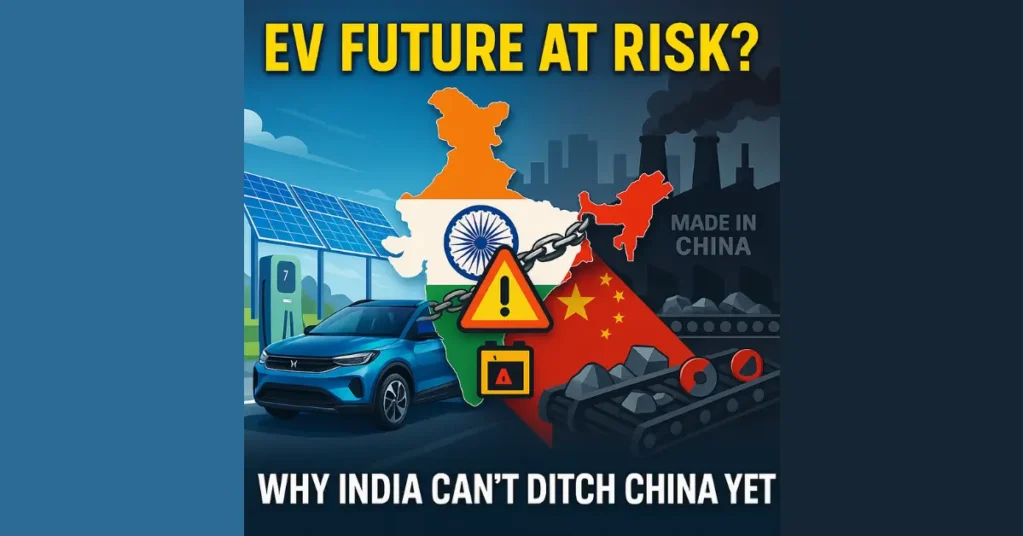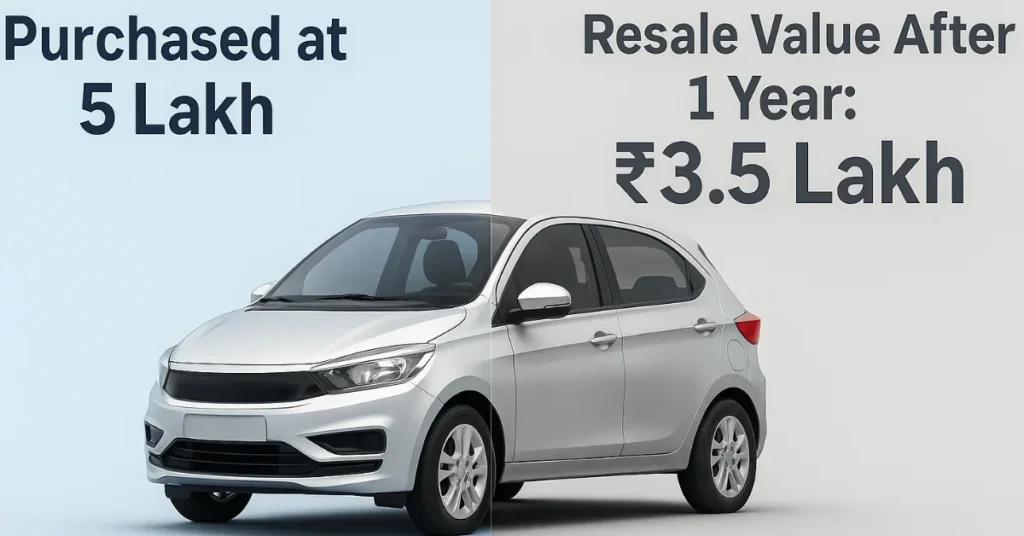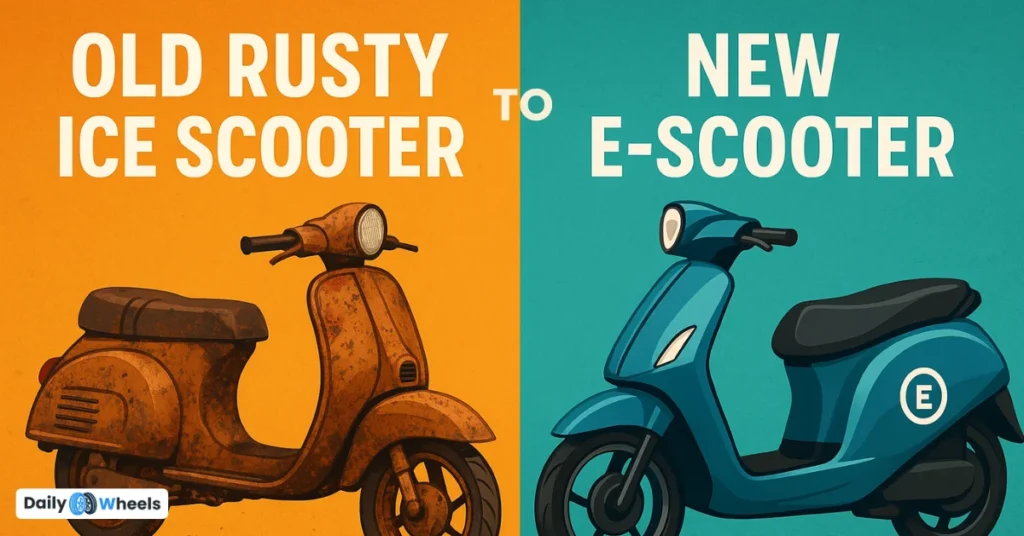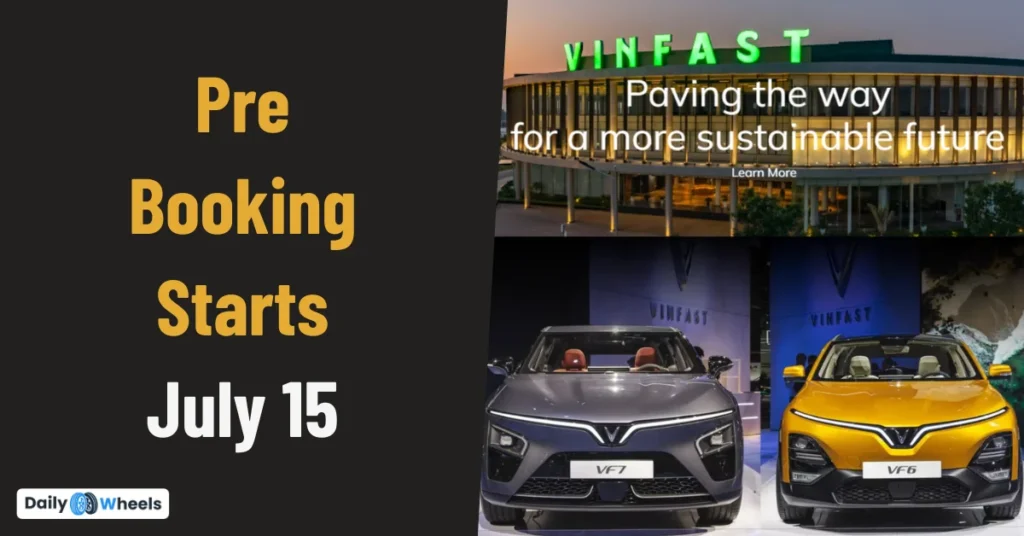Electric vehicles (EVs) are everywhere these days—on roads, in ads, and definitely in conversations. But the big question still remains for many Indian buyers: “Is it the right time for me to buy an EV?” At DailyWheels, we’re here to break it down in the simplest and most practical way.
Whether you’re planning your first car purchase or considering a second vehicle, this article will help you decide if buying an EV in 2025 truly fits your lifestyle.
Buy an EV When It’s Your Second Car
Let’s be honest. As of 2025 in India, owning only an electric vehicle still has its challenges. The charging infrastructure is improving, but it’s not yet reliable enough to replace petrol or diesel cars for every situation.
So, what’s the smart move?
Consider buying an EV as your second car.
Your primary car can be used for long-distance travel, emergency drives, and weekend road trips—while your EV can handle daily tasks like commuting, school drops, and grocery runs.
EVs Are Best When You Have a Fixed Daily Route
One of the strongest use-cases for EVs is when your daily travel is predictable. Think of people who drive:
- 30–60 km every day for office
- Kids’ school pickup/drop
- Local market visits
EVs shine in these areas. No fuel stops, low running cost, and smooth drive—what’s not to love?
If your daily use is under 100 km, an EV is a perfect match.
Still Worried About Range? You’re Not Alone
Range anxiety is real, especially in India. Here’s why EVs might still make you uncomfortable as your only vehicle:
- Charging station gaps: Not every city or highway has fast chargers available yet.
- Long trip limitations: You’ll need to plan every long trip in advance, and charging can take longer than fuel stops.
- Battery performance: Varies depending on temperature, AC usage, and terrain, affecting actual range.
Unless you’re okay with managing these challenges regularly, it’s better to have one ICE (petrol/diesel) car in the garage for peace of mind.
Don’t Expect Great Resale Value (Yet)
If resale value matters to you, here’s a truth bomb:
EVs currently lose value faster than petrol/diesel cars.
Here are the reasons:
- Battery life degrades with age, and replacement is expensive.
- Technology moves fast, so older EV models become outdated quicker.
- Buyer confidence in used EVs is still low, leading to fewer buyers and lower prices.
So, buy an EV only if you plan to keep it for 5+ years. If you’re the type who sells and upgrades frequently, EVs might not suit you financially—for now.
Other Practical Things to Keep in Mind
Before buying an EV, ask yourself these questions:
- Can I install a home charger?
If you live in a flat or apartment with shared parking, charging at home could be difficult. - What’s the real charging time?
Fast chargers are not always nearby, and slow home charging can take 6–8 hours. - Am I ready for battery-related expenses later?
Even if it’s 6–8 years away, battery replacement isn’t cheap. - Is my city EV-friendly?
Metro cities like Delhi, Mumbai, Bengaluru, and Hyderabad are better equipped with EV infrastructure compared to smaller towns.
Who Should Definitely Consider Buying an EV in 2025?
You should go for an EV if:
- You already own a petrol or diesel car
- Your daily travel is under 100 km
- You live in a metro city or an area with reliable EV infrastructure
- You have a private parking space with charging access
- You plan to keep your car for a long time (5+ years)
- You want to reduce fuel expenses and enjoy a smooth, quiet drive
DailyWheels Takeaway – Think Smart, Not Trendy
At DailyWheels, we believe in helping you make car decisions that fit your lifestyle, not trends. EVs are exciting, no doubt. They’re silent, futuristic, and eco-friendly. But they’re not one-size-fits-all.
- If you’re replacing your only car, go ICE or hybrid.
- If you’re adding a second car, EV is a smart move.
The EV wave is here, but ride it only when it makes real sense for your needs.
